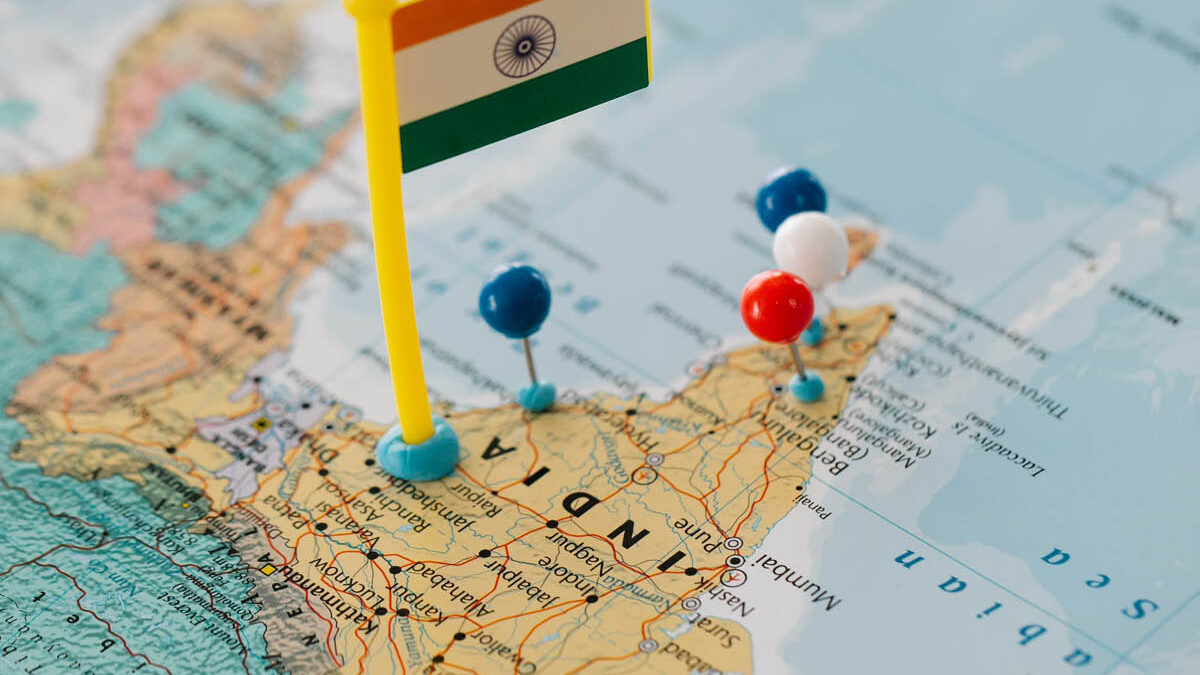The Indian Supreme Court’s hearing into a number of petitions seeking marriage equality for same-sex couples has entered its second day on Wednesday, April 19. With the eyes of the world on this case, the hearings are being live-streamed globally. At present, it remains unclear when or how the five-judge panel will rule. If the court rules in favor of the plaintiffs, India would become the 35th country to codify legal protections for same-sex marriage.
Case outlook
The petitioners, an array of queer couples and LGBTQ+ activists, hope that a ruling in their favor will enshrine equal rights for same-sex couples, including insurance coverage for spouses, joint bank accounts and the chance to adopt children. As we reported last month, Prime Minister Narendra Modi opposes same-sex marriage, and the Indian government has historically been wary of opposing Modi on this matter. However, as public opinion and LGBTQ+ representation shift cultural narratives in the Southeast Asian nation, the social-legal issue of marriage equality is becoming increasingly accepted.
Opening arguments
On the first day of hearings on Tuesday, April 18, opening arguments were in full force, with lawyers for the petitioners citing marriage as a union of two people–regardless of gender–and the government’s solicitors questioning the court’s right to hear the matter at all. The plaintiffs’ counsel argued that laws should be changed to reflect that concepts of marriage have changed over time and that same-sex couples desire and deserve the respectability and protections of marriage. Solicitor General Tushar Mehta, representing the government, argued this is not an issue to be decided by five individual judges, but should instead be brought before Parliament.
What’s to come
Disregarding Mehta’s objections, the judges agreed to look at whether the Special Marriage Act of 1954, which allows marriages between people of different castes and religions, could be adjusted to include LGBTQ+ people as well. The court has required that both sides finish their arguments by Thursday.
Bhawna, a plaintiff in the case who chooses to go by one name, said that she and her partner have only just begun to have some semblance of normalcy in their life as a couple. They live together and have stable jobs, but marriage, she says, would be a “stamp of approval. It will give us legal proof, and I can show it to my parents, who are still opposed to our relationship. Every girl dreams of getting married.”
Stay up to date on marriage equality news by joining our mailing list and following Equally Wed on Instagram.
Featured image by Lara Jameson






























